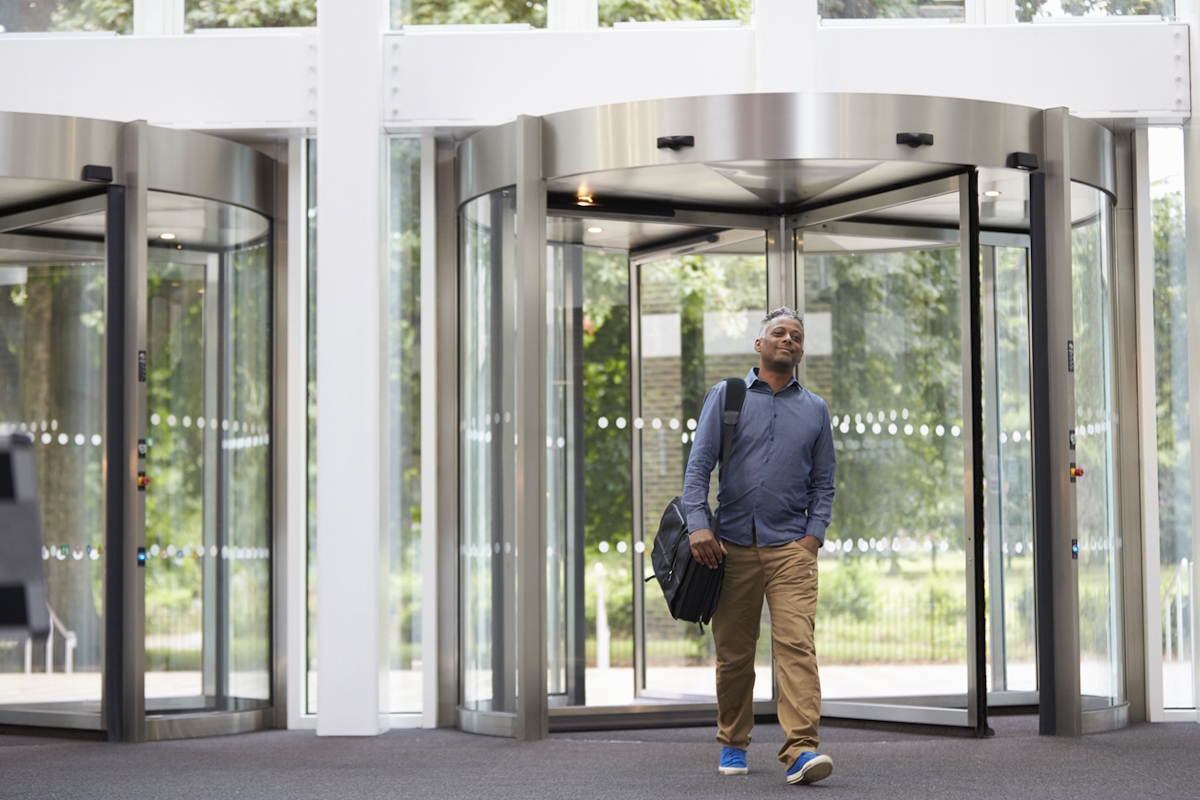Ditch the return to office or risk strike action

Dr Nahla Khaddage Bou-Diab at AM Bank argues that leaders must stop trying to reinstate pre-pandemic workplace cultures; rather they must account for the needs of the modern workforce
Return to office has taken workplaces by storm. Staff have been taken out of their home comforts and ordered back through the turnstiles.
But there’s a lot at stake. Companies issuing these mandates risk strike action.
The trend has spread far and wide throughout international business. Whether it’s Dell, JD Sports, Deutsche Bank, Boots or even Manchester United, thousands of workers have been notified of a momentous shift – the end of remote working. And all for a variety of reasons, too – some, admittedly, more justified than others.
Reduced email activity, team cohesion and even office operating costs all seem to be some of the major drivers. In fact, workers who don’t “comply” have been threatened with strongly-worded letters – in Bank of America’s case, at least – or a lack of promotion opportunities.
That’s hardly beneficial to culture. In fact, these mandates just fracture the workforce.
You see, the office has lost its clout. The perks staff might have looked for a few years ago – “chill-out” rooms, happy hours, and free snacks, for example – have lost their appeal. They’re far too superficial for the worker who, in the last four years, has experienced a whole level of flexibility and humanity not seen before in the professional landscape.
They want these qualities to stay. They want equitable pay, kindness, and understanding. They don’t want faceless managers issuing orders from the safety of the boardroom.
Clearly, that isn’t happening. Firms – those ordering their staff back to the office, I mean – would rather reinstate the pre-pandemic working world than account for the needs of their workforce. This separation between staff and their leadership cannot continue.
Leadership teams have to emerge from their glass-walled offices – they cannot stay silent; after all, these days, visibility is of the utmost importance: according to the 2022 Edelman Trust Barometer, 81% of respondents believed CEOs should be personally visible to external stakeholders, and 60% of potential job applicants expect CEOs to speak out publicly about the social and political issues they care about.
The days of the absent CEO are over. The C-suite have to take the reins of the organisation’s culture. They cannot delegate cultural work to HR.
Staff have to feel they belong in their organisations; they have to feel they are recognised by company leaders. So, whether it’s through quarterly AGMs, frequent speaker engagement, considered internal comms, or even just through outspoken media engagement, leadership teams have to become completely open, and completely visible, to their staff. They have to become the figureheads of the organisation.
But, at the heart of all of this, they have to ditch their return-to-office mandates.
In the UK, as of April 2024, 15% of working adults have only worked from home, 21% reported a hybrid working arrangement, and 40% have exclusively travelled to their workplace in the period of a week. Hybrid and remote working have become the status quo.
The working experience has flipped upside-down – companies must respect that this has happened.
Of course, there will be instances where in-office attendance is necessary. If you have objectives, deliverables, projects or work programmes that require team members to all be together – you might have to meet clients, for example – then a specific mandate is justified.
But that doesn’t mean you can take a broad-stroke approach to the return to the office. If you do, you risk turning off staff, a mass staff exodus, and an overall decrease in employee satisfaction.
As mentioned, these mandates can have dire consequences. Office for National Statistics staff recently threatened strike action over an order to return to the office two days a week; Public and Commercial Services union members in the workforce voted overwhelmingly to take industrial action.
If these return-to-office initiatives continue, I think we’ll see more strikes happen. Staff will only grow angrier with their employers. After all, the linear relationship between the return to the office and low employee satisfaction is too strong to say otherwise; you only have to look at the reaction to Lloyds’ recent mandate to see that is the case.
Of course, there is a way firms can reignite employee satisfaction – and, to be honest, it’s quite obvious: fix your culture.
These days, staff are dehumanised into a bewildering array of statistics: cost, KPIs, productivity, company metrics, and so on. The word ‘people’ is only used as a glorified recruitment term.
It’s time organisations now let the whole human into the organisation. Companies need to ditch the quotas, ditch the metrics, and ditch the limiting hierarchies. Staff need to be treated as people, otherwise they’ll be forced into survival mode, become disillusioned with the organisation and its leadership, and turn against their employer.
Companies cannot expect pre-pandemic cultural strategies will work today – staff are simply not interested. The office’s status is in decline; flashy perks no longer appeal to the modern worker. Organisations and their leadership teams must pivot to appeal to their evolved workforce. They have to allow flexibility; they have to show understanding.
The value a thriving culture brings is tremendous. Not only does it improve the internal environment and team cohesion, but it drastically improves productivity, inter-department collaboration, and efficiency. Culture is the beating heart, the lifeblood, of any successful organisation.
So, that’s the answer: ditch your return-to-office mandates and transform your cultures. Plus, if you do prioritise shifting your cultures, who knows, perhaps your staff might just gravitate back to office naturally...
Dr. Nahla Khaddage Bou-Diab is a culture and leadership expert, chairman and general manager of Oneness Mgmt, and CEO of AM Bank. She is author of A Leadership Shift ( Austin Macauley Publishers, 2024)
Main image courtesy of iStockPhoto.com and monkeybusinessimages

Business Reporter Team
Most Viewed
Winston House, 3rd Floor, Units 306-309, 2-4 Dollis Park, London, N3 1HF
23-29 Hendon Lane, London, N3 1RT
020 8349 4363
© 2025, Lyonsdown Limited. Business Reporter® is a registered trademark of Lyonsdown Ltd. VAT registration number: 830519543





